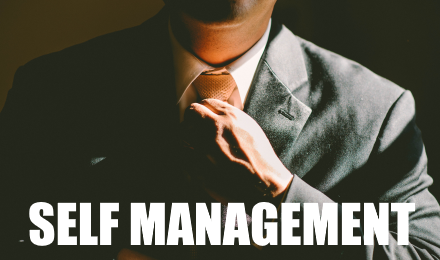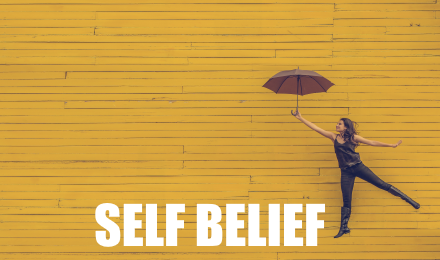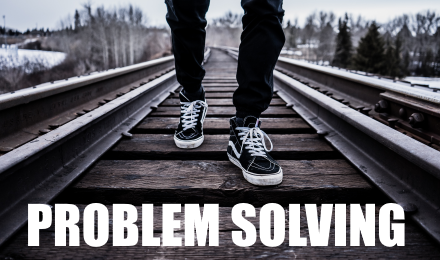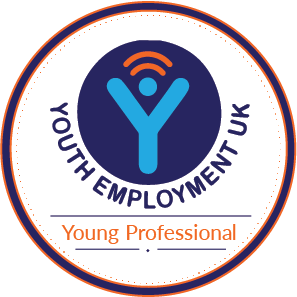What is Resilience and Why is It Important?
Resilience is a self-belief skill, and self-belief is one of five important life and work skills you can build as a Young Professional.
Resilience is the ability to recover quickly from setbacks or difficulties. It means you can learn from mistakes and keep moving forward. In the world of work resilience could be dealing with not getting a job, coping with a disagreement with a colleague, or even managing yourself if you’re feeling slightly under the weather at work. Being able to deal with these sorts of issues is a sign of being resilient, and shows employers that you can deal with whatever is thrown at you (within reason!). To be resilient means you’re always looking for solutions to problems, understanding that you have an opportunity to learn and grow.
In order to keep going in life and deal with the stresses and challenges we will inevitably face, we need to develop our resilience. During your work, problems will arise and how you deal with them can either reassure employers or cause them concern. By showing you’re able to cope with issues and continue doing a good job you will really impress your boss and colleagues, and maybe even set yourself up for a promotion. Resilience is a personal skill but it also affects your work. You can develop your resilience in personal situations and it will also reflect in your work. Similarly, strengthening how you cope with problems at work can improve your personal resilience.
Developing and Demonstrating Resilience.
You can start developing your resilience the next time you have a problem. Whether it’s a difficult piece of homework or cooking something you’ve never made before, do some research or try out a few different ways to successfully complete it. When you start focusing on solutions instead of problems you will find that you are better able to deal with any problems that happen. Try thinking of potential problems that could happen at college/university/work, write them down and then think of some ways to overcome them. Do this any time you think of, or come across a problem, that way if it does happen you’ll be prepared.
Another good way to build resilience is to write down a list of your strengths and weaknesses. This may seem like a strange way to become resilient, but by looking at areas you could improve on you can make a plan to build them up. You could also write down your achievements, as focusing on things you’ve done well can help you to have a more positive mind-set, which will help you deal with problems better when they do arise.
In job interviews or at work, you can demonstrate resilience by talking about a time when you overcame a problem or challenge. This could be personal or at school, college, or work. It doesn’t have to be a big problem, it could be that you left your keys at home and had to figure out how to get back in after school, as your parents were at work. Only share what you’re comfortable with, it’s probably best not to talk about a problem you had with your boyfriend or girlfriend (it’s not very professional!)
Make sure you use the STARR model to talk about your example, and highlight how you dealt with the issue, and what you learned from it.
SEE MORE ON SELF BELIEF






Become a Young Professional
Aged 14-24? Build your confidence in the five key life and work skills when you become a Young Professional.
- Free to join
- Develop your skills in communication, teamwork, problem solving, self management and self belief
- Add ‘Young Professional’ to your CV and LinkedIn profile
- Guaranteed job interviews from participating employers if you meet requirements.









